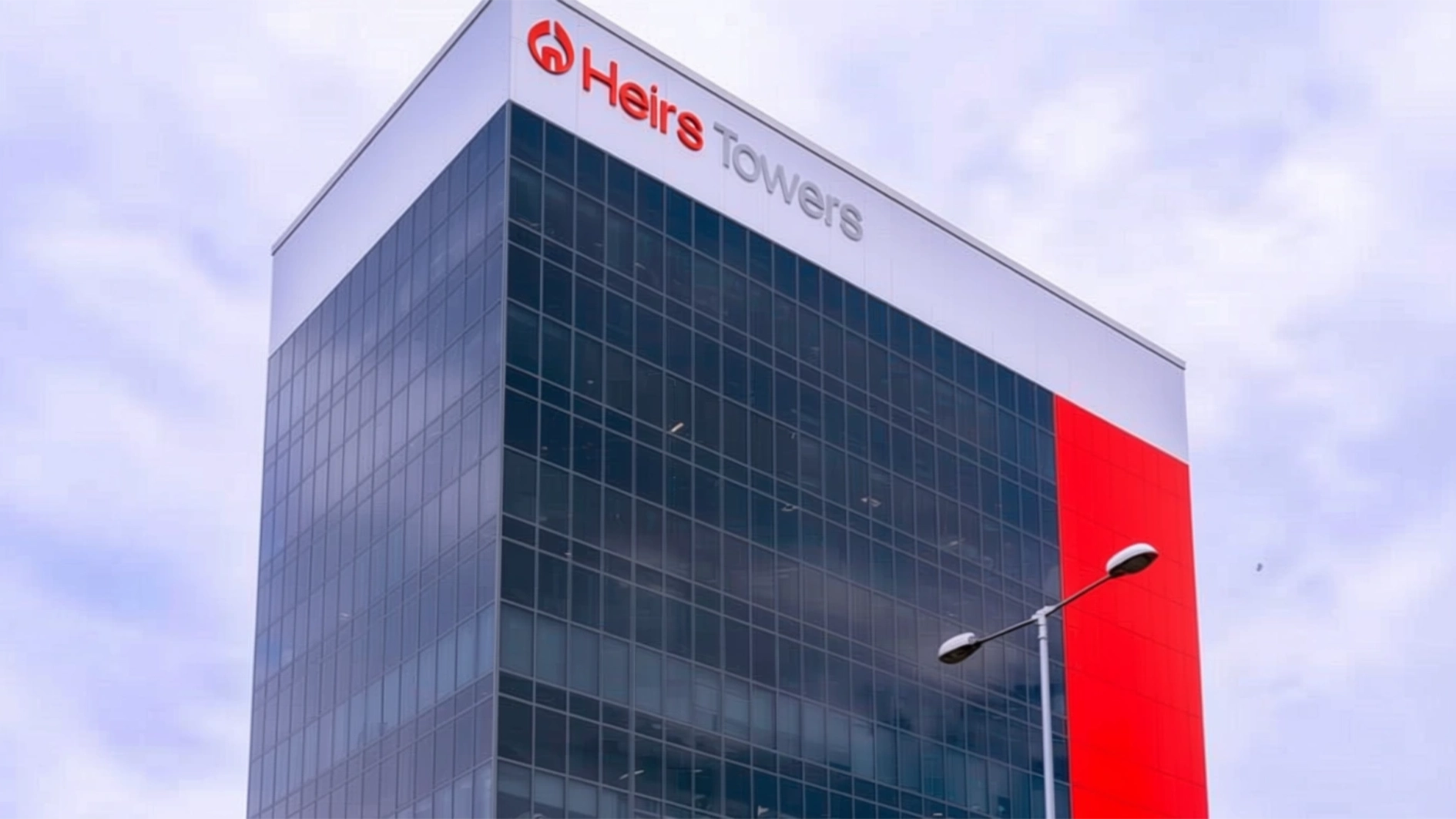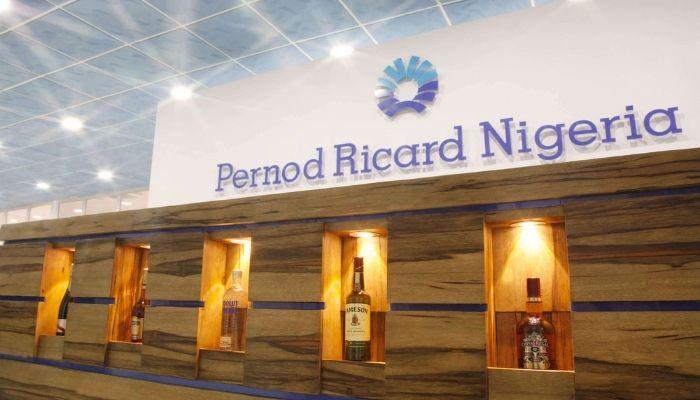
•Grants tax waiver to operators
The Federal Government has disclosed that about 43 refineries, including large scale and modular refineries have been licensed to refine petroleum products across the country.
The Senior Technical Adviser to Nigeria’s Petroleum Minister on Refineries and Downstream Infrastructure, Rabiu Suleiman, told The Guardian in an exclusive interview that two of the refineries (modular) would be inaugurated in the coming week in the Niger Delta region.
Suleiman, who said the plan is aimed at meeting local demand and export of petroleum products, added that some of the organisations have also been granted import waiver to enable quick take-off of the projects.
Although Nigeria is a leading producer of crude oil and gas, the country has remained the only oil producer that relies completely on the importation of refined petroleum products to meet local need.
The development has given rise to economic challenges, infrastructure shortfall, unemployment, budget deficit as well as poverty, especially as government struggles to pay subsidy on over 55 million of Premium Motor Spirit (PMS) also called petrol consumed daily, a system fraught with high-level corruption.
Speaking about efforts to revamp existing refineries and bridge shortage in downstream infrastructure in line with government’s seven bigwins policy (7BigWins), Suleiman stressed that with upcoming refineries, including the Dangote Refinery, Nigeria would soon become self-sufficient and an exporter of petroleum products.
Suleiman said: “Today, we have about 43 licensed new refineries, both modular and large sized refineries. We have 250,000 barrels licensed refinery that was given to Petrolex. Another 100,000 barrels license refinery was given to a company in Port Harcourt. There are many other modular refineries being established, from 1000 to 30000 barrels capacity.
“The objective of modular refinery is to ensure that the big capital requirement, which seems to be the major reason why refineries are not established is overcome by building small size refineries.”
According to him, about 10 of the refineries have been issued authority to construct, meaning that they have already been given a licence to establish, and have been certified by the Department of Petroleum Resources (DPR).
“Two of the refineries are almost ready for commissioning any time soon. One of them in River State is a 10,000- barrel capacity refinery made up of two modules of 5,000 each, and have reached mechanical completion stage,” Suleiman said.
He said the second; a 7,000-barrel capacity modular refinery is located in Kwale, in Delta State, adding that others are spread across the states including Imo, Nassarawa, and Lagos.
“Refineries cannot be too many in Nigeria. We want to ensure that all our crude is not exported. We want crude to be refined in Nigeria so that we can take advantage of the total value chain of crude oil conversion,” Suleiman, who currently chairs Federal Government’s zero gas flaring efforts, said.
Speaking on what government is doing to encourage investors; Suleiman said President Muhammadu Buhari recently granted approval for custom duty waivers to the three modular refineries that are in advanced stages in Rivers, Delta, and Imo states.
“It means that all the equipment that will be brought in after being vetted by the government would be brought in for free without payment of custom duty. That would save them a good amount depending on the size and complexity of the refinery.”






